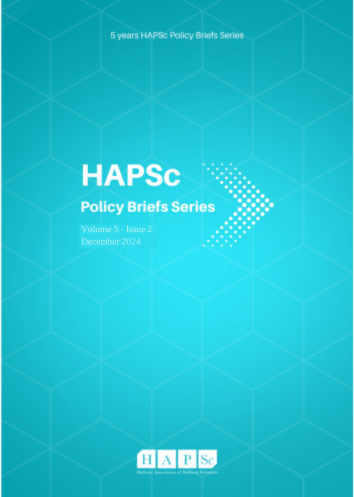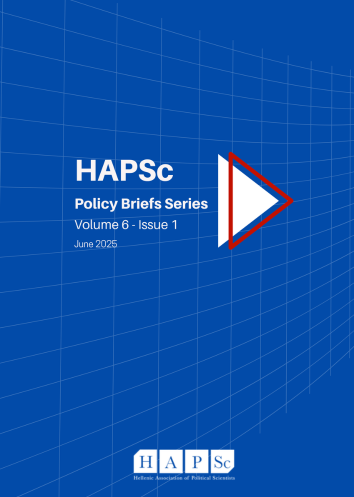The European Commission as a Policy Entrepreneur in Addressing Overtourism

Abstract
Overtourism poses a significant challenge for the European Union, calling into question the traditional model of tourism development. Despite its limitations, the European Commission seeks to address this issue by acting as a policy entrepreneur. This article, through the process of incorporating overtourism into the EU agenda and using Kingdon's multiple streams framework, seeks to better understand the Commission's role as a policy entrepreneur and how it manages to extend its ambitions beyond its established competences, shaping reform-oriented conditions. Despite the challenges, the Commission leverages windows of opportunity to promote sustainable tourism as a response to overtourism. Through new strategies, it aims to balance economic growth with environmental sustainability by utilizing the green and digital transitions. Acting as a successful policy entrepreneur, the Commission not only addresses overtourism but also lays the groundwork for a more collaborative and cohesive tourism policy at the European Union level.
Article Details
- How to Cite
-
Peloponnisios, M. (2024). The European Commission as a Policy Entrepreneur in Addressing Overtourism. HAPSc Policy Briefs Series, 5(2), 71–80. https://doi.org/10.12681/hapscpbs.40783
- Section
- Articles

This work is licensed under a Creative Commons Attribution 4.0 International License.
Authors retain copyright and grant the journal right of first publication with the work simultaneously licensed under a Creative Commons Attribution License that allows others to share the work with an acknowledgement of the work's authorship and initial publication in this journal.


